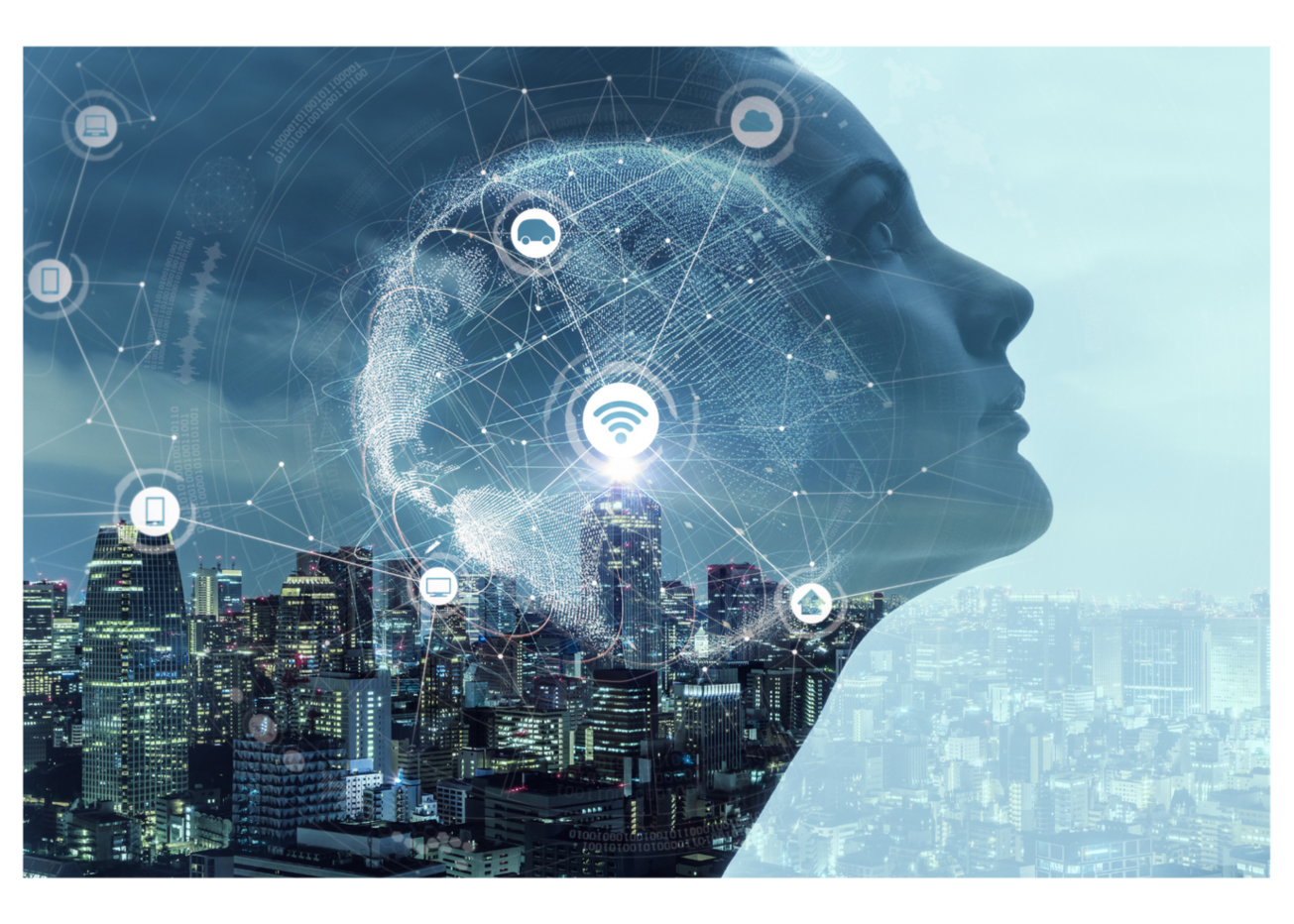
14 Dec How AI Is Changing HR
These days Artificial Intelligence (AI) is no longer a matter of science fiction. Quite the contrary, it is everywhere around us. Personal assistants in your phone or PC such as Siri and Cortana, smart home devices like Google Home and Amazon Alexa, and the recommendation algorithms on your YouTube and Netflix page all use AI in one way or another.
But that is just the tip of the iceberg regarding what AI can do. For example, artificial intelligence can learn and adapt quickly, and it can handle vast quantities of data (the so-called “big data”) better than any person can.
These qualities make AI a valuable resource in many people-oriented areas, including insurance, customer support, and Human Resources. Keep reading to learn how AI is changing HR and what to expect soon.
Chatbots and HR – a perfect match
A chatbot or a conversational assistant is an AI-powered piece of software capable of conversing with a human being that feels as genuine as the real deal.
Thanks to their ability to quickly adopt new info and deal with extensive data, HR chatbots are already used in many companies.
One of the areas of HR that have greatly benefited from these chatbots in the past couple of years is talent acquisition. Instead of spending their valuable time monitoring the careers site and answering (the same) questions from every new potential candidate, recruiters can simply delegate this portion of the workload to HR chatbots.
Thanks to this one change, recruiters can devote their time to more demanding tasks such as sourcing more challenging and complicated to fill roles or negotiating with an indecisive candidate.
Meanwhile, chatbots can handle everything with new candidates, including candidate screening, scheduling interviews, and answering questions. They can even make sure that new hires are all settled in once they start working.
AI and automation
Like any other job requiring loads of paperwork, HR can be time-consuming and even boring if you don’t remember to use AI to help you automate the most mundane aspects of your work.
Artificial Intelligence can handle all kinds of low-value tasks such as benefits management, processing various forms, and – once again – answering the most commonly asked questions by the employees. This might not seem like a lot, but research shows that AI-adopters have 19 percent more time to devote to other, more critical work.
Suppose you have AI dealing with those mundane and time-consuming tasks. In that case, an HR professional can shift their focus to mentoring and motivating employees, providing constructive feedback, and building stronger workplace relationships.
In the end, this will result in the tremendous overall success of the organization. Besides, automating tedious tasks eliminates the risk of potentially costly human errors.
Employee onboarding and training
Finding the right talent for your company is just one of the many steps where AI can help you. You can also rely on Artificial Intelligence to make the onboarding process much smoother for the new employees. AI can give new hires a list of important contacts, crucial info regarding benefits, provide them with a list of training suggestions, and do many more things to make getting started in a new environment as easy as it can be.
Do not underestimate this option. The latest statistics show that a great onboarding experience increases employee retention by more than eighty percent.
But, once again, the work of the HR department is not done with this step. Workers want to feel that they are valued. They appreciate a more personalized overall approach and wish to have opportunities to train, learn and grow. Once again, AI can help you with this.
AI can look into each worker’s strengths and weaknesses and use this info to provide them with personalized learning programs to help them reach their maximum potential. This is one more area where the company can use HR chatbots as they are the perfect learning companion since they can answer many different questions each individual in training might have.
Besides that, AI can also identify any skill gaps and prompt HR professionals to promptly close those gaps by turning the weaknesses mentioned above into advantages.
Finally, HR can use AI to detect changes in how a particular worker behaves and detect if they are bored, unproductive, or even thinking about abandoning their current company. Armed with this knowledge, the HR department can take appropriate steps to resolve those issues and retain valuable employees.
About the author

Leslie Gilmour works with companies, individuals, and teams to help with SEO strategy, processes, and implementation of a digital marketing plan.
No Comments